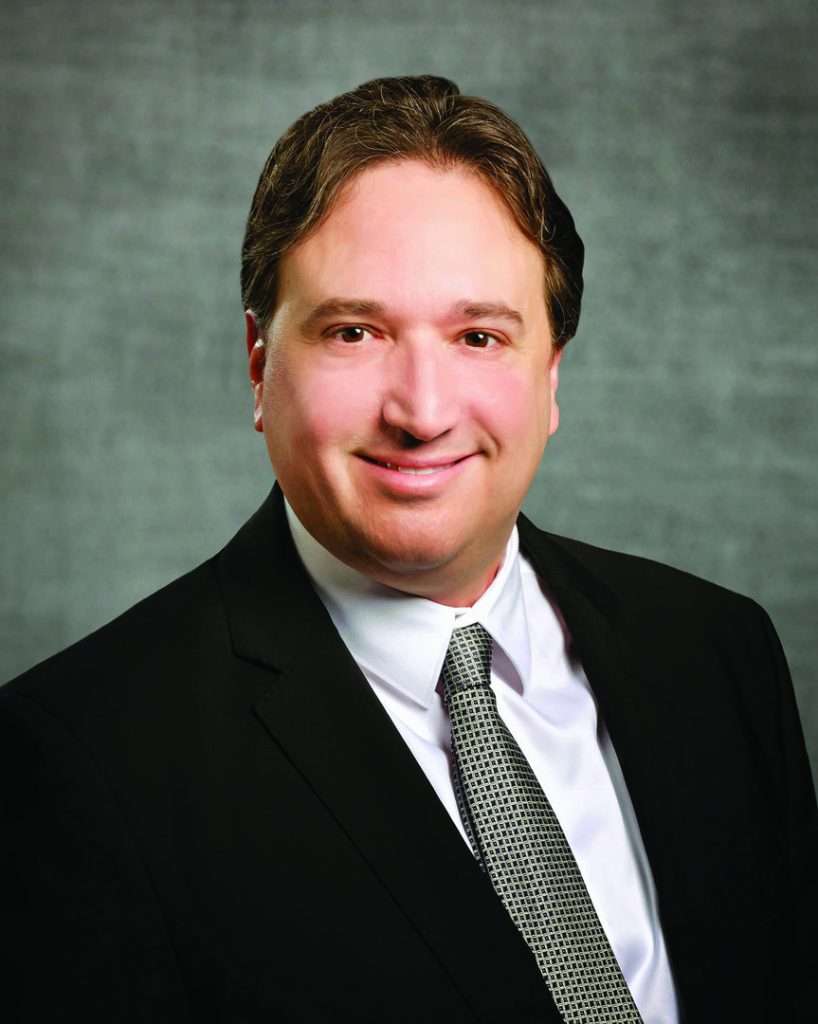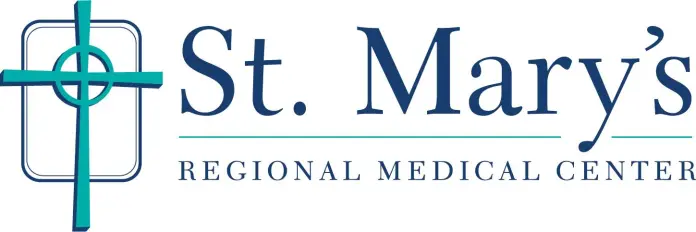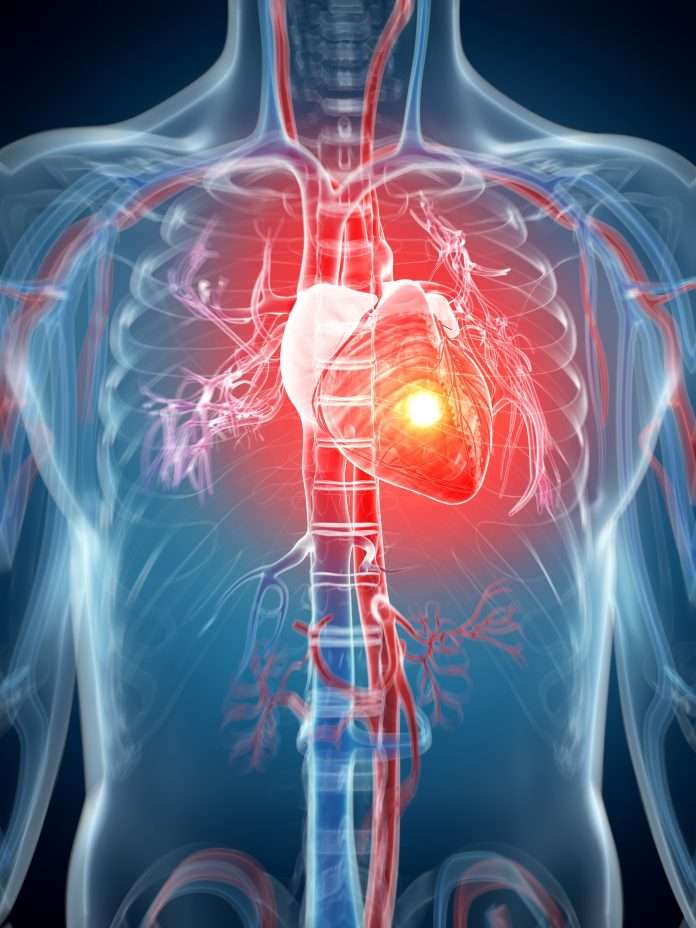Your heart is a critical organ – the rest of your body depends on it. It is at the center of your cardiovascular system and is responsible for pumping blood around the body to send oxygen and nutrients where they are needed and to carry away unwanted waste products.
“Understanding the health of your heart is important because heart disease is the No. 1 cause of death in the United States, according to the American Heart Association ®(AHA),” said Lior Shamai, DO, a cardiologist with St. Mary’s Regional Medical Center. “The heart is the organ that keeps your body running. Recognizing that can inspire you to keep it healthy.”

The cardiovascular team at St. Mary’s Regional Medical Center is here to help, from prevention and education, to diagnosis, treatment, and rehabilitation. We offer award-winning, comprehensive services you need to get your heart health on track.
Is Heart Disease Hereditary?
“If you have a family history of heart disease, you may be at higher risk for having heart issues,” added Dr. Shamai. “Many different types of heart disease can be passed down through families. Some are caused by just one or a few genetic changes that have a very strong effect in causing disease.”
Known as monogenic conditions, they include uncommon disorders that mostly affect the heart’s muscle (such as hypertrophic cardiomyopathy) or electrical system (such as long QT syndrome). Another example is familial hypercholesterolemia, which causes very high cholesterol levels and may lead to premature coronary artery disease (occurring before age 50).
In addition, you can have an elevated risk for cardiovascular disease if you have family members with diabetes, high blood pressure or high cholesterol, which can have genetic predisposition. Still, family history is just one component of your overall risk for developing cardiovascular disease.
Heart Attack Awareness: What You May Not Know
When you think about cardiac care, a heart attack may be the first thing to come to mind. The Centers for Disease Control and Prevention (CDC) reports that every 40 seconds, an American adult has a heart attack.

“One mistake people make is delaying medical treatment when they experience potential heart attack symptoms,” noted Dr. Shamai. “Most heart attack symptoms start slow and mild. It’s important to understand that men and women may experience different symptoms.”
Men often (but not always) experience what are known as “classic” signs of a heart attack:
• Discomfort in the center of the chest that feels like pressure, squeezing or fullness that goes away, yet returns
• Chest discomfort along with fainting, lightheadedness, shortness of breath or nausea
• Pain that spreads to the neck, shoulders, or arms
In addition to a milder form of the “classic” symptoms, others (women) may also experience:
• Shortness of breath/difficulty breathing
• Back or jaw pain
• Nausea, vomiting or dizziness
• Palpitations, paleness, or cold sweats
• Mild, flu-like symptoms
• Unexplained anxiety, fatigue, or weakness
How Do I Know if I am at Risk for Heart Disease?
Ask your doctor about cardiovascular health screening tests. The most important indicators for cardiovascular health are blood pressure, cholesterol, and blood sugar levels. High blood pressure may indicate that your heart is working too hard to pump blood to your body, potentially damaging your blood vessels. High blood sugar can also contribute to damage to blood vessels. Meanwhile, high cholesterol indicates a risk of fatty deposit buildups in your arteries, which can lead to blockages.
Smoking, family history and body weight are also indicators for cardiovascular disease. Talk to your doctor to help monitor and manage these risk factors.
Advanced Heart Attack Care
Through a web-based data network, St. Mary’s Regional Medical Center paramedics in the field can communicate with hospital staff to help improve heart attack outcomes while patients are on their way to the hospital’s Emergency Department (ED). This enables doctors to determine the best care protocols and have staff prepared before the patient arrives.
The cardiac care teams offer advanced diagnostic testing, noninvasive and invasive treatments, cardiac rehabilitation and preventive education about congestive heart failure, pulmonary hypertension, and peripheral vascular disease.
After a Heart Attack… What’s Next?
It’s important to lower the likelihood of future heart problems or related death. The Change of Heart Cardiac Rehabilitation Program at St. Mary’s offers a patient-centered program that emphasizes a personalized approach to recovery through exercise, education, and encouragement.
The team of healthcare professionals includes cardiologists, registered nurses, exercise specialists and dietitians. And as many people who’ve participated in these programs can attest, it can help you feel better physically and emotionally and give you greater control over your health.
If you or a loved one experience signs of a possible heart attack, call 9-1-1 or get to the nearest emergency room.
Learn more about cardiac services at St. Mary’s Regional Medical Center at www.stmarysregional.com/cardiology.
Source: American Heart Association®

Physicians are on the medical staff of St. Mary’s Regional Medical Center, but, with limited exceptions, are independent practitioners who are not employees or agents of St. Mary’s Regional Medical Center. The hospital shall not be liable for actions or treatments provided by physicians. For language assistance, disability accommodations and the nondiscrimination notice, visit our website.






